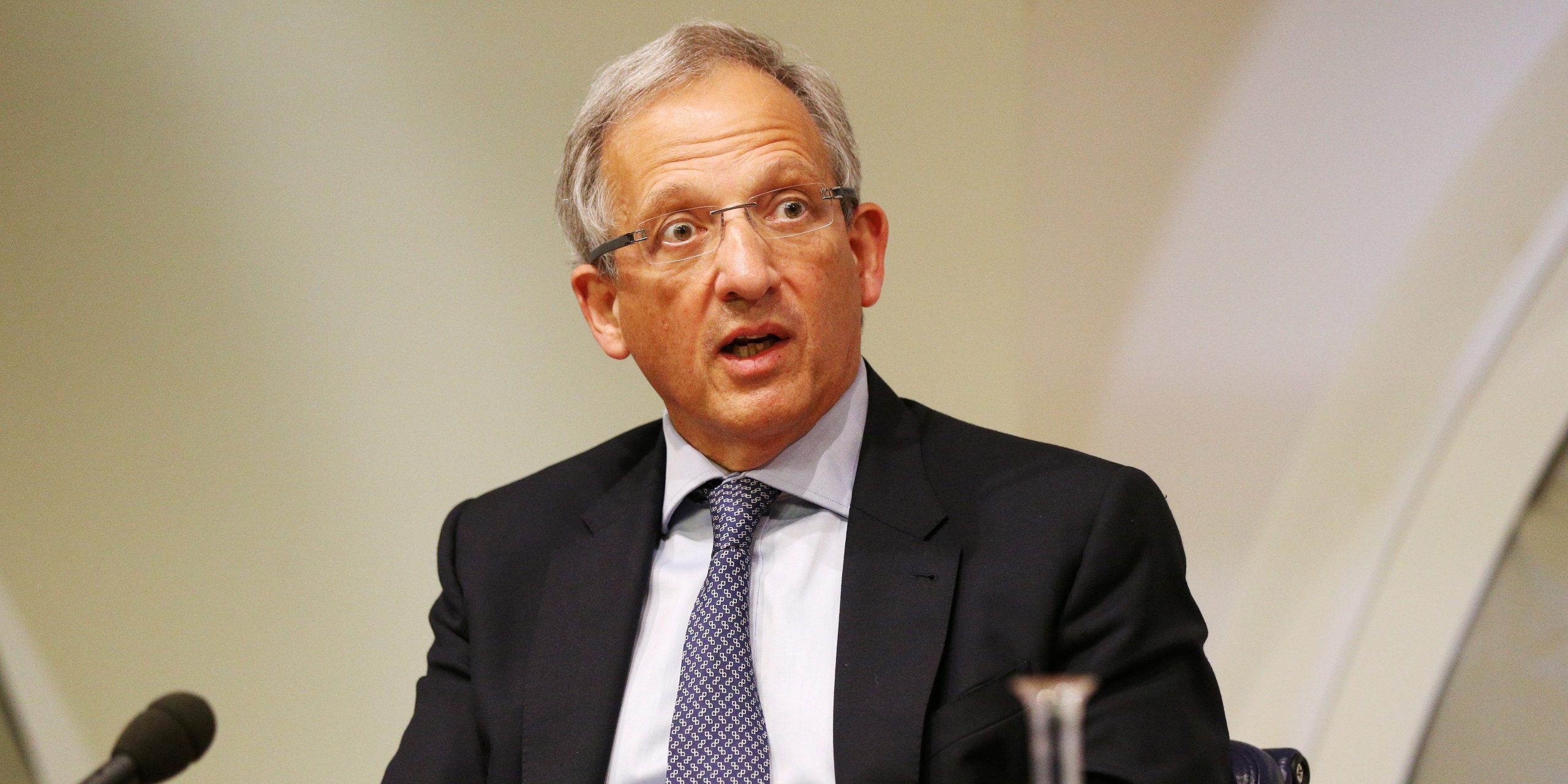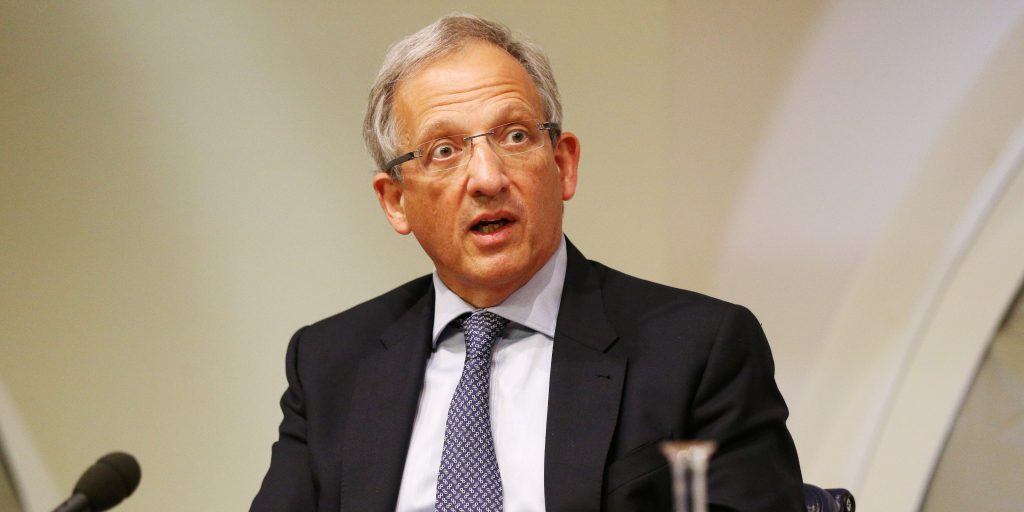
REUTERS/ Jonathan Brady/Pool
- A crash in the crypto market is "plausible" given the volatility of the space, Bank of England's Jon Cunliffe said.
- He called for the regulation of digital assets, saying it is a "matter of urgency."
- Cunliffe also warned of the risks of DeFi during a conference reported by Reuters.
- Sign up here for our daily newsletter, 10 Things Before the Opening Bell.
A crash in the cryptocurrency market is "plausible" and regulatory clarity is urgently needed, Bank of England Deputy Governor Jon Cunliffe said on Wednesday.
"Such a collapse is certainly a plausible scenario, given the lack of intrinsic value and consequent price volatility, the probability of contagion between cryptoassets, the cyber and operational vulnerabilities, and of course, the power of herd behavior," he said during a speech at the SIBOS conference.
As the market capitalization of digital assets balloons to more than $2 trillion this year, the nascent space remains highly unregulated as authorities globally bring their heads together on how best to increase oversight.
The International Monetary Fund in its report published Tuesday also warned about the growing risks in the space, including fraud, excess speculation, and potential "runs" on seemingly more stable assets. Meanwhile, China imposed an almost blanket ban by prohibiting all cryptocurrency transactions in September.
For his part, Cunliffe compared the digital asset space to the US mortgage market that dragged the global economy to the brink of collapse, pointing out the sub-prime market was valued at around $1.2 trillion in 2008.
He also zeroed in on decentralized finance, or DeFi, saying England's central bank has begun working on managing risks and protecting consumers. DeFi is an umbrella term for various applications - lending, borrowing, trading, saving, derivatives, options, stocks - that use public blockchains and crypto assets to disrupt traditional financial sectors.
Still, he sees positive potential in cryptocurrencies, but only if clear rules come soon.
"Indeed, bringing the crypto world effectively within the regulatory perimeter will help ensure that the potentially very large benefits of the application of this technology to finance can flourish in a sustainable way," he said. "It needs to be pursued as a matter of urgency."
In the UK, about 2.3 million adults hold cryptoassets, according to a June survey by the Financial Conduct Authority. While the percentage of people who viewed crypto trading as gambling slipped, it still stood at more than one third of the respondents. An increasing percentage, however, saw digital assets as a complement or as an alternative to their mainstream investments.

